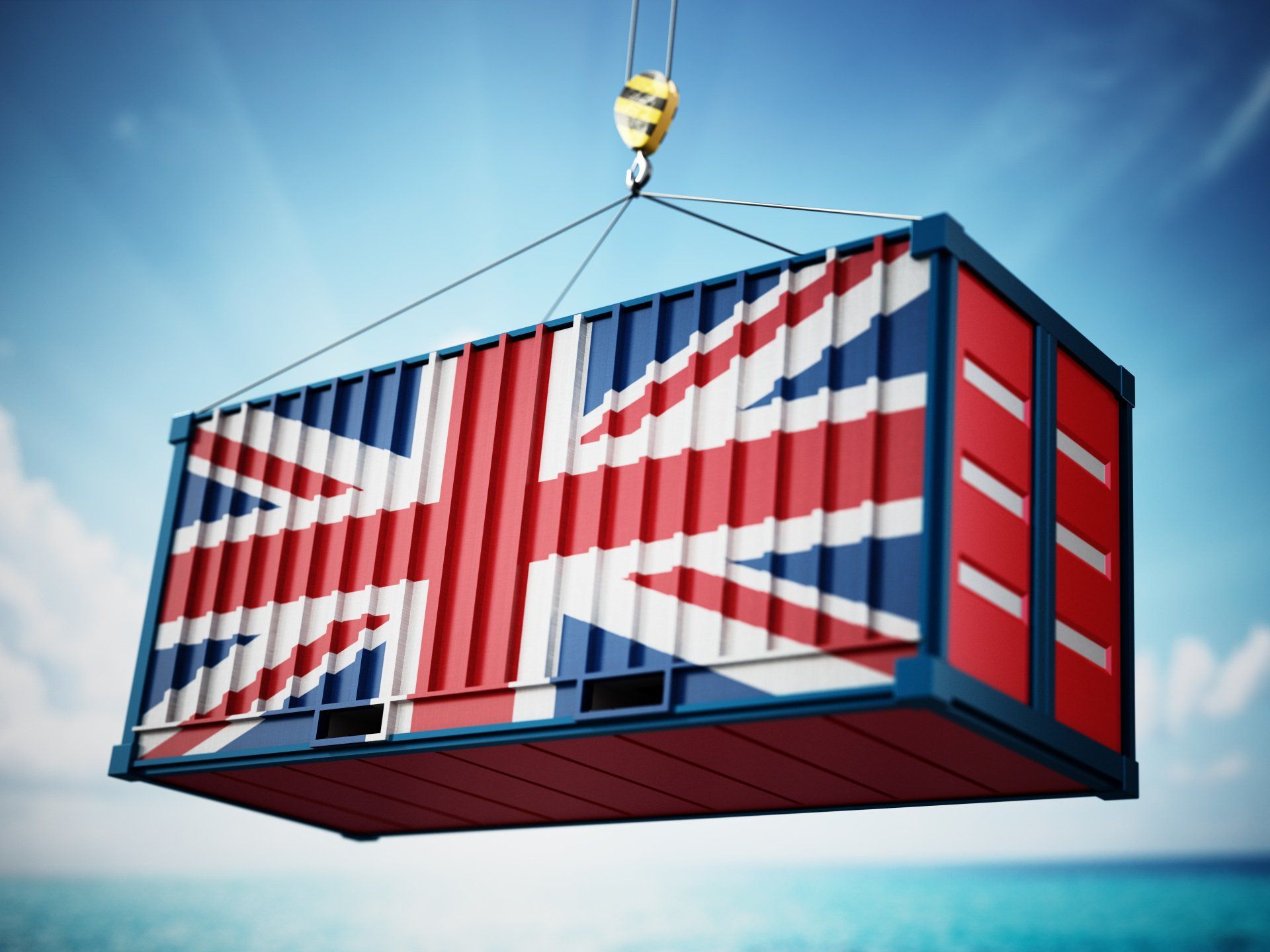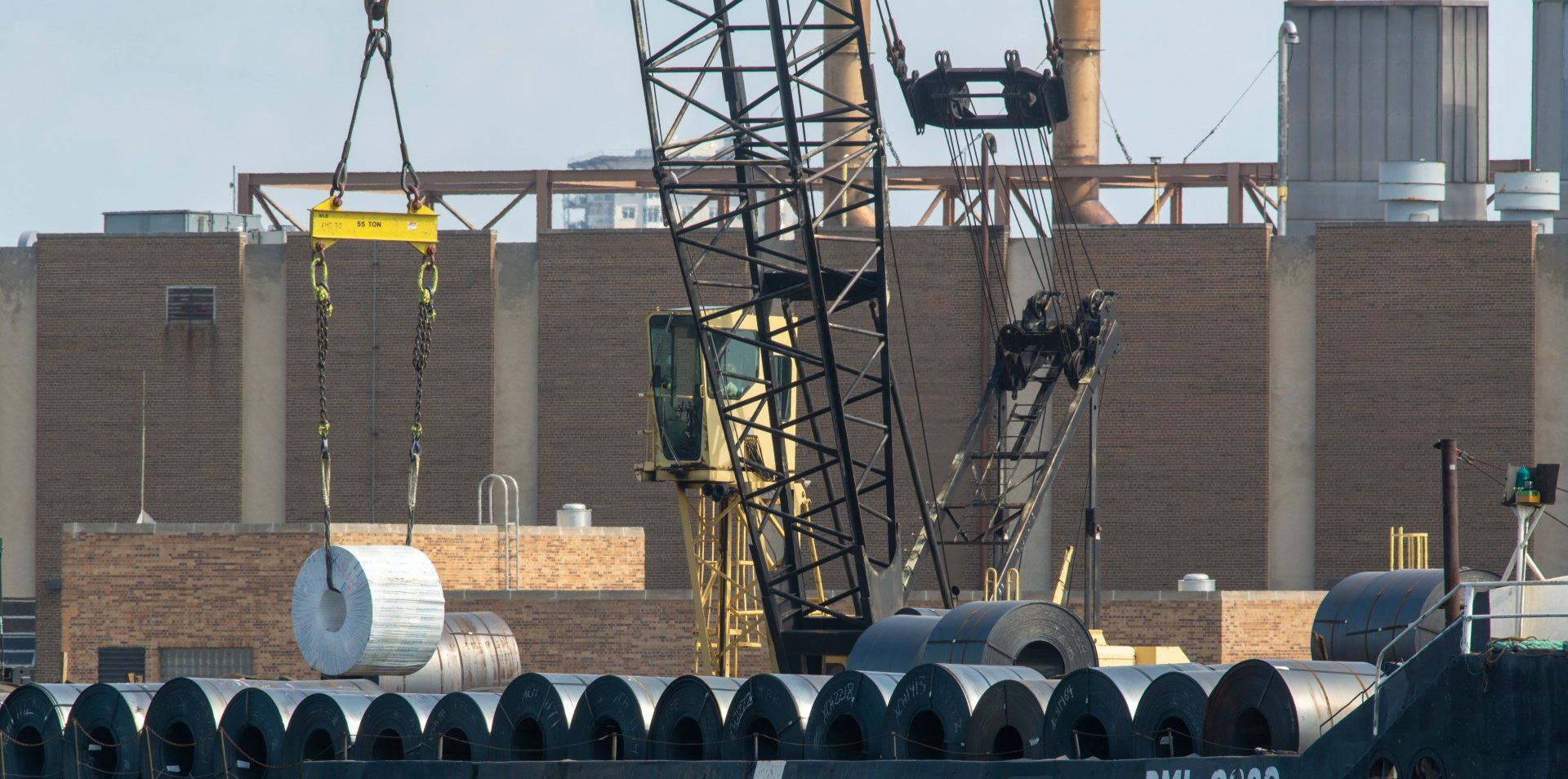BREXIT: Key Changes to Pharmaceutical Products and Import/Export
On the 1st of September 2020, MHRA laid out the future requirements for placing medicines on the UK market after the end of the Brexit transition period on 31 December 2020. It has come to our attention that many of you are confused or unaware of the changes. So our team are here to work with you to map out the impact on your operations and offer cohesive, practical solutions to assist you with a better transition.
So without further ado, here are the key changes for pharmaceutical products and import/export you need to know about:
Centrally Authorised Market Authorisations (CAP MAs)
CAP Mas will automatically be converted into GB MAs (England, Wales & Scotland) from the 1st of January 2021 onwards, and existing CAPs will remain valid for marketing products in Northern Ireland. Once the required GB MAs are issued, then the MA Holder will have two years (24 months) from the end of transition to submit appropriate amended artwork and a further 12 months (equalling 36 months total) to then transition to releasing stock in packaging that is compliant and has the PLGB Authorisation numbers it.
Parallel Distribution Notices/Parallel Import Licences
Parallel Distribution Notices (PDNs) are no longer be valid in Great Britain (Excluding NI) and are replaced by Parallel Import Licences (PIL) which allow the products to be marketed in Great Britain only.
Responsible Person (Import)
As of the 1st of January 2021, a wholesale dealer in Great Britain (excluding NI) may only import Qualified Person (QP) certified medicines from the European Economic Area (EEA) if certain checks are made by the ‘Responsible Person (import), also known as RPi. The new guidance has given clarity in that products sourced from Northern Ireland to Great Britain for wholesale purposes are permitted under the supervision of a Responsible Person (RP) and therefore do not require an RPi.
Wholesale Distribution Authorisation Holder
New timelines are also included on updating the Wholesale Distribution Authorisation (WDA) and notifying the MHRA on the intention to continue to import from a country which is on the MHRA’s approved country for import list. WDA holders are responsible for notifying MHRA in writing of their intention to continue to import medicinal products from a country on the list, and they must submit a change to their WDA licence before the 1st of January 2023 to list a Responsible Person (import) to carry out those specific functions.
Continuity of Supply
Pharmaceutical MIA and WDA holders now need to familiarise themselves with the revised rules to start preparing their Quality Management System (QMS) and operations for the upcoming changes, ensuring a smooth transition and continuity of their import/export business.
Approved Country for Import List
Responsible Person (import), RPis, are not required if a medicine is imported from an approved country for import list (currently EEA), is not licensed in the UK or the listed country and is intended as special medicinal product or is an Introduced Medicine. In these cases, the WDA holder must have notified the MHRA in writing before the 1st of July 2021 of their intention to continue to only import medicinal products from the listed country.
Active Substances
Written confirmation will be required from the 1st of January 2021 for each shipment of Active Substances manufactured in Great Britain, that is exported to the EEA or Northern Ireland (NI).














